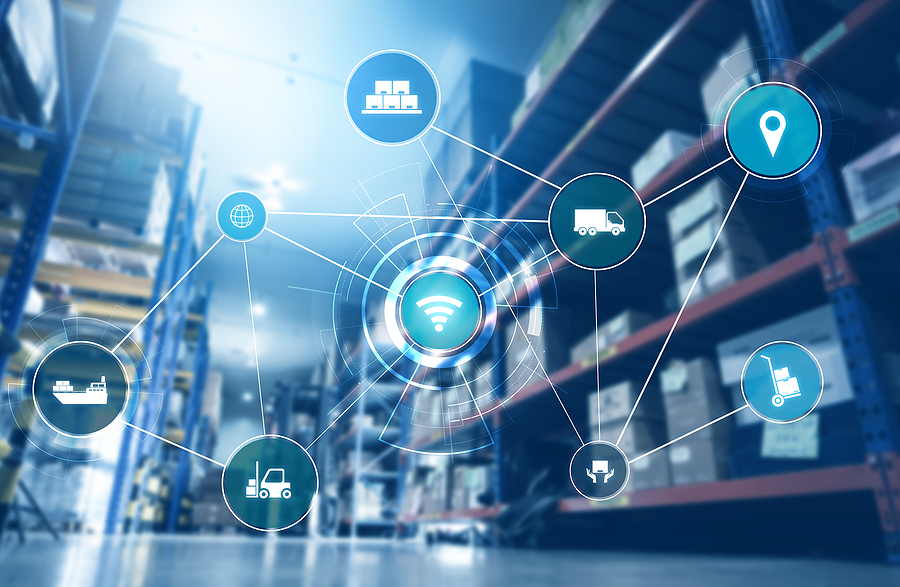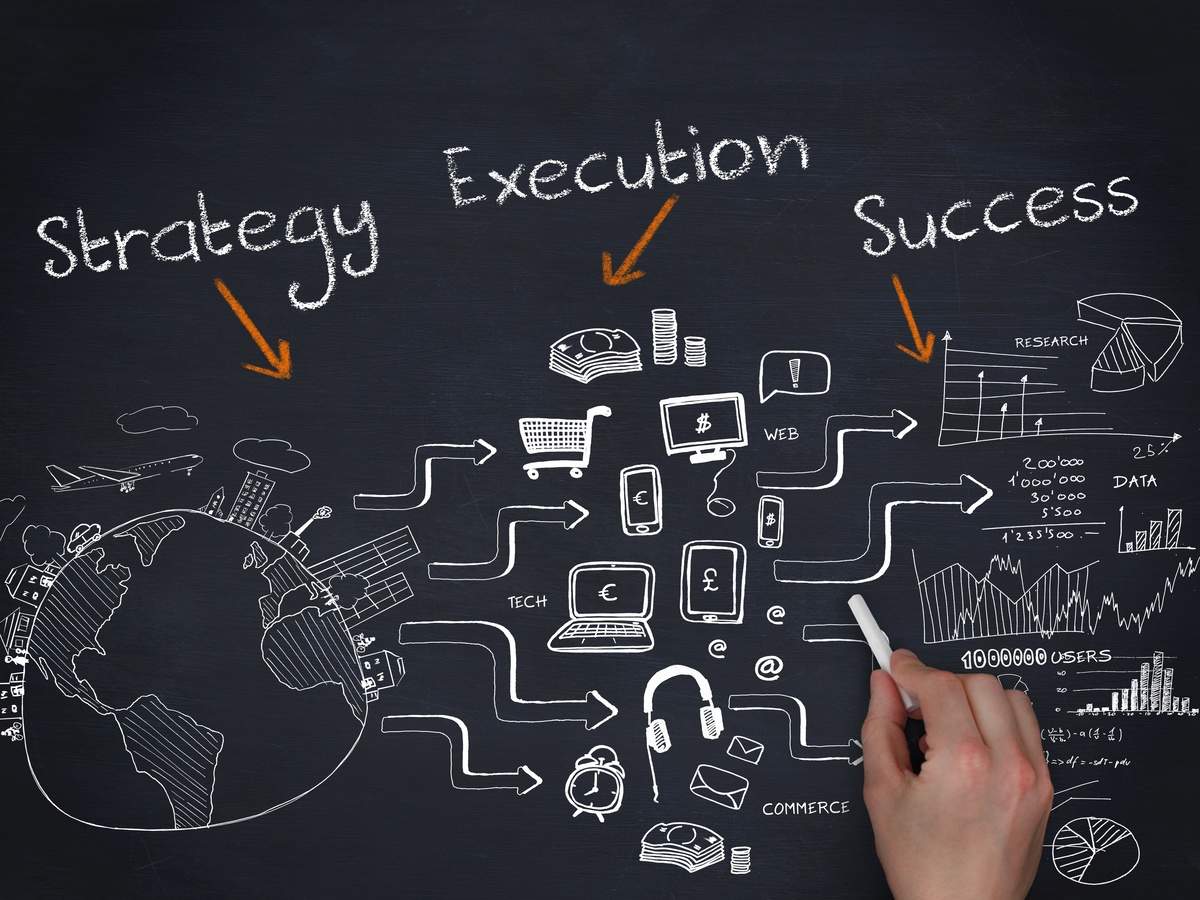In a recent deep dive into Enterprise Resource Planning (ERP) systems, business analysts are heralding the arrival of Next-Generation ERP systems, terming them the “future of business operations.”
The late 1990s saw the inception of ERP systems, integrating materials and resources with finance and accounting components. Fast forward to today, and the evolution seems nothing short of meteoric. The modern iteration, Next Gen ERP, promises a comprehensive approach that transcends traditional business boundaries.
Aarok Kane, a leading expert at CTI Technology (visit their website), weighed in on this shift. “The ERP landscape has evolved in ways we hadn’t imagined two decades ago. Today’s Next Gen ERP is holistic, integrating internal functions and extending its capabilities to integrate customers, suppliers, and partners. It’s an exciting time for businesses globally,” Kane remarked.
One of the standout features of Next Gen ERP is its focus on business intelligence. Where once data-driven strategies were a luxury, they are now the heartbeat of any progressive enterprise. The modern ERP system empowers businesses with tools that drive a data-centric approach, interlinking every department and location. Moreover, with intelligent workflows, manual interventions, often the bane of many operations, have been significantly reduced, paving the way for efficiency.
“Flexibility is the game’s name,” commented Jeremy Kushner, another visionary from BACS Consulting Group. “With the rise of e-commerce and a global marketplace, businesses must be adaptable. Next Gen ERP understands this, offering many transaction options and understanding diverse market nuances.”
However, the shift to Next Gen isn’t just about staying current. By 2023, a report from Gartner suggests that a whopping 65% of businesses are expected to adopt Next Gen ERPs. Those clinging to traditional ERPs may find themselves at a disadvantage. While groundbreaking in their era, the older systems now come with limitations. In contrast, Next Gen ERPs, backed by modern technology, simplify processes and offer game-changing insights pivotal for strategic decision-making.
In conclusion, the Next Gen ERP isn’t just an upgrade; it’s termed by many as a business revolution. As businesses gear up for this monumental shift, experts like Kushner and Kane are optimistic about the prospects. “The future is here, and it’s digital,” Kushner smiled.
Partnering with experts can make the transition smoother for businesses navigating this dynamic landscape. And with industry leaders like CTI Technology and BACS Consulting Group leading the charge, the future of business operations looks promising.









